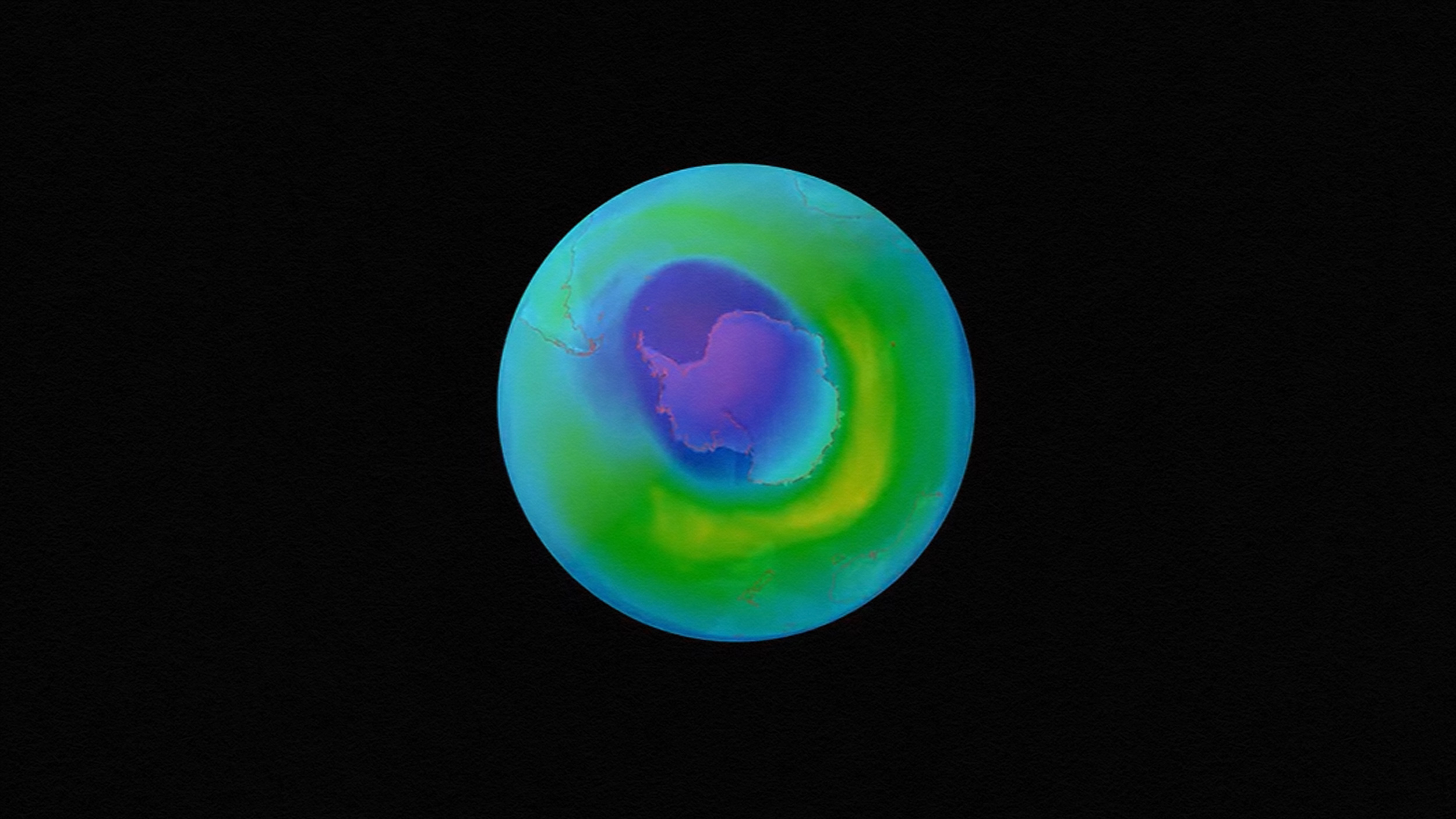Arctic Ozone at Risk of Loss
Cold temperatures in the upper atmosphere and the lingering presence of ozone-destroying pollutants have set the stage for what could be a record loss in protective ozone over the Arctic.
Sign up for Big Think on Substack
The most surprising and impactful new stories delivered to your inbox every week, for free.
Global warming and chlorofluorocarbons (CFCs) are likely contributers to what could be a bad spring for the Arctic: “‘We have done everything to protect the atmosphere from CFCs, still we get record ozone loses once in a while,’ said Markus Rex, an ozone researcher with the Alfred Wegener Institute for Polar and Marine Research in Germany. ‘Right now, at the relevant altitude, we have lost about half of the ozone that should be there,’ Rex told LiveScience.com.
Rex and other researchers from Europe, Russia and North America came to this conclusion based on data collected by 30 stations in and slightly south of the Arctic.”
Sign up for Big Think on Substack
The most surprising and impactful new stories delivered to your inbox every week, for free.



